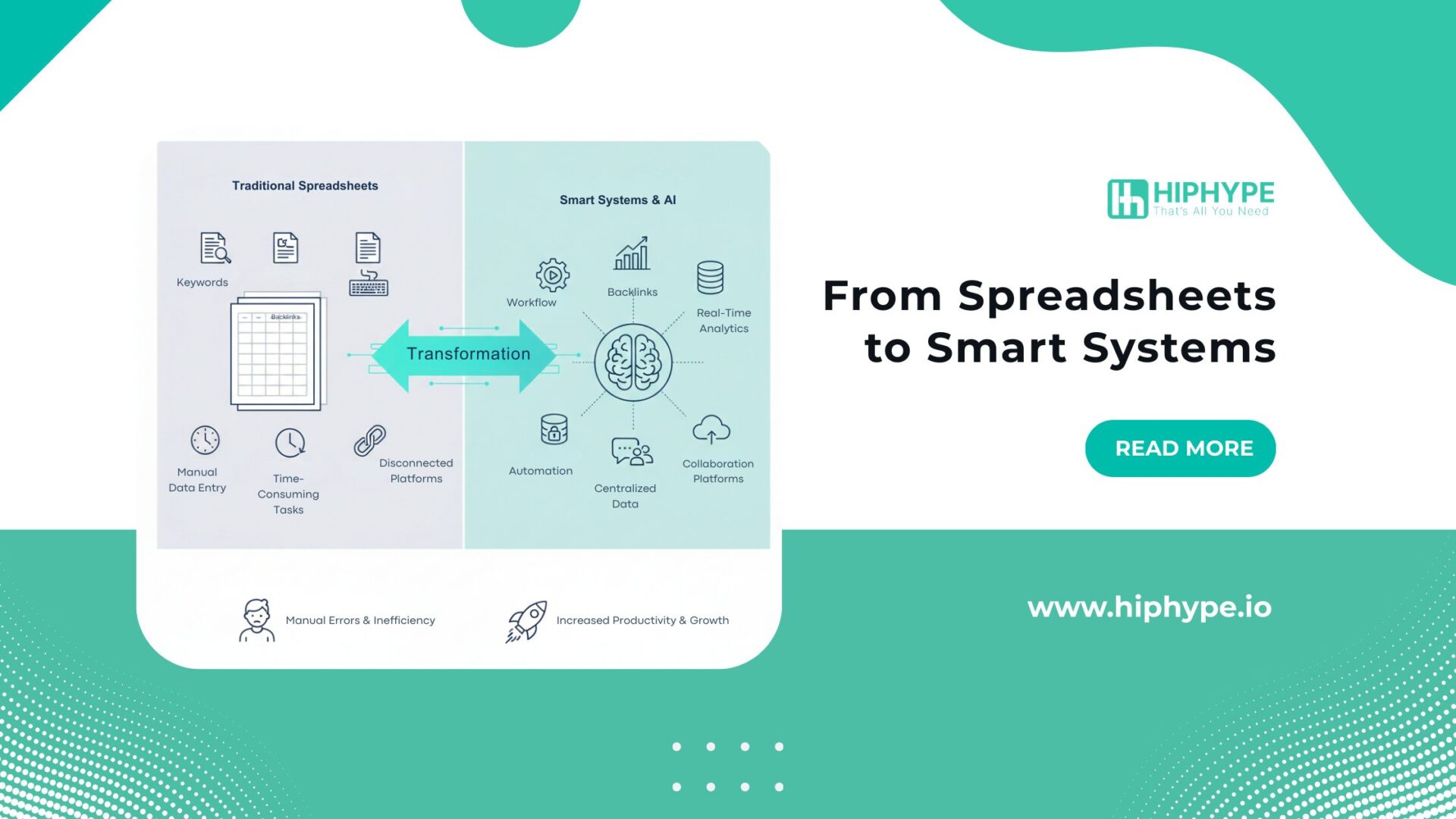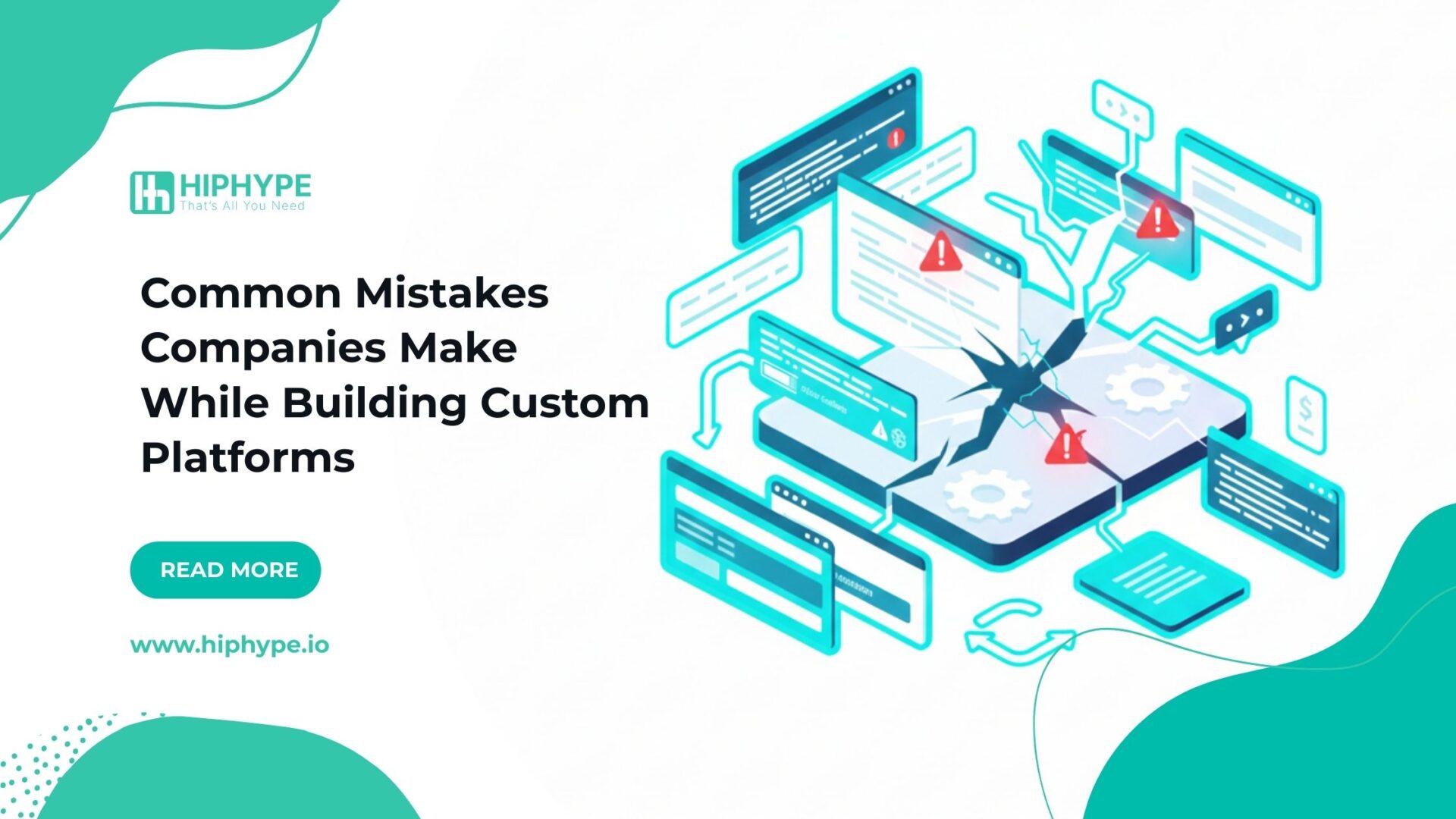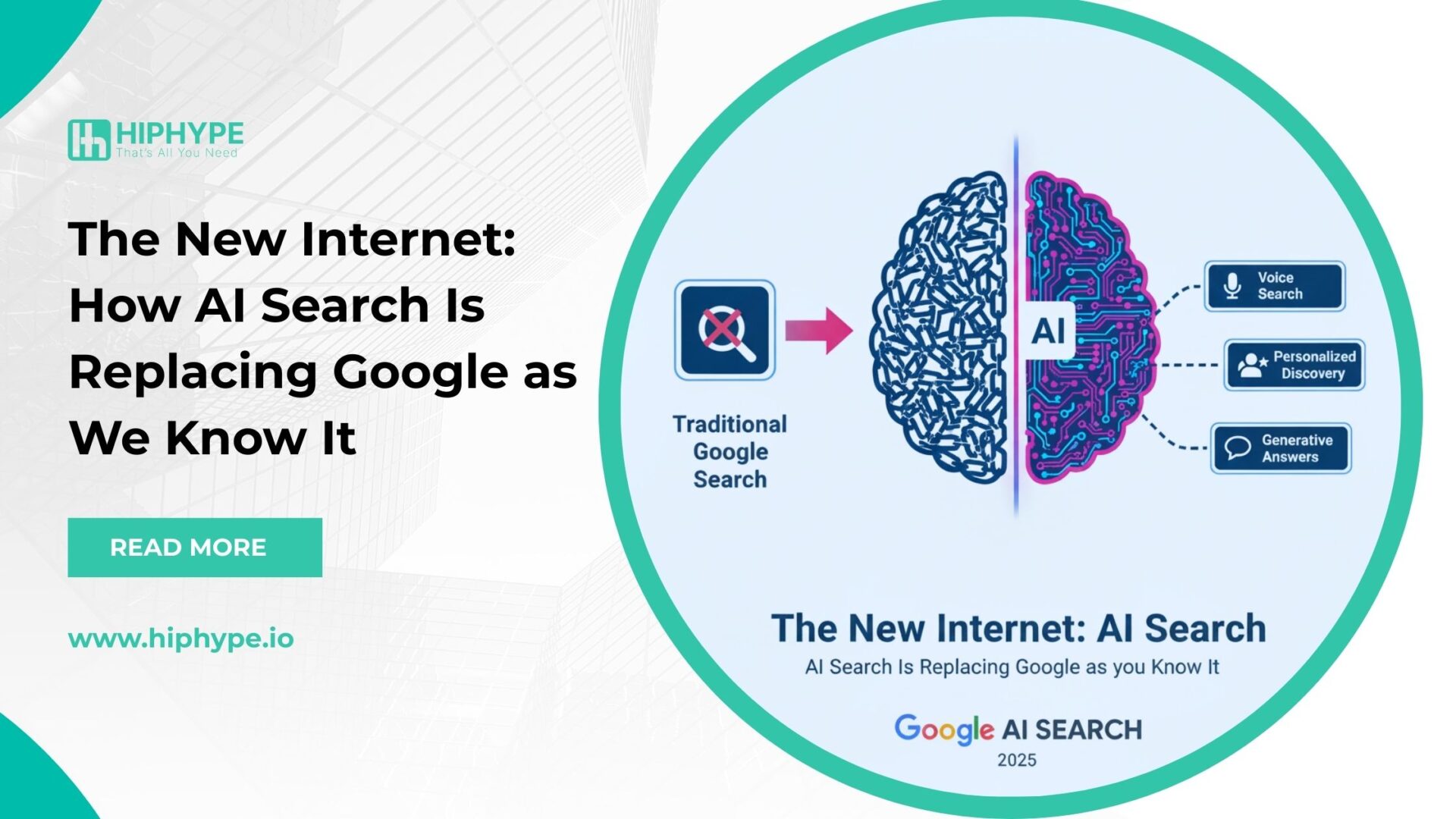In today’s fast-paced world, businesses are navigating a sea of technological advancements that demand quick adaptation and strategic foresight. The rise of digital transformation has created opportunities and challenges alike, compelling organizations to rethink their operations, services, and customer experiences. At the heart of this transformation lies Artificial Intelligence (AI)—a revolutionary force that is driving AI transformation and reshaping industries across the globe.
Every business, whether large or small, must adopt a robust digital transformation strategy to stay relevant, competitive, and future-proof. AI has emerged as the linchpin of this transformation by enabling automation, predictive analytics, and personalized experiences. A clear and effective AI strategy ensures that businesses not only survive but thrive in this era of disruption and innovation.
Let’s explore why businesses need to prioritize AI in their digital journey and how it plays a pivotal role in redefining the way organizations operate, innovate, and deliver value.
Key Points to Understand Digital Transformation and AI Transformation
- Digital Transformation Strategy:
- Adopting digital technologies to revolutionize business processes, customer experiences, and operations.
- Leveraging AI as a critical component to enhance efficiency and innovation.
- AI Transformation:
- Integration of AI into business processes to unlock new capabilities.
- Facilitates automation, predictive decision-making, and actionable insights.
- AI and Business Transformation:
- AI redefines how businesses operate by optimizing workflows and improving scalability.
- Plays a central role in ensuring businesses stay competitive in a digital-first world.
Why an AI Strategy is Essential for Digital Transformation
Businesses that fail to adopt AI risk falling behind competitors who leverage this transformative technology. Here are the key reasons why an AI strategy is indispensable:
- Enhanced Decision-Making:
- AI tools provide real-time data analytics for informed and quick decisions.
- Helps businesses adapt to changing market conditions.
- Efficiency Through Automation:
- Automation powered by AI reduces manual efforts and errors.
- Streamlines workflows to save time and resources.
- Improved Customer Experience:
- AI analyzes customer data to deliver personalized interactions.
- Enhances customer satisfaction and loyalty.
- Cost Reduction:
- Initial investments in AI lead to long-term savings through optimized processes.
- Innovation and Scalability:
- AI fosters innovation by identifying new opportunities.
- Enables businesses to scale operations effectively.
Critical Components of a Successful AI Strategy
Implementing AI effectively requires careful planning and execution. Here are the essential components of a successful AI strategy:
- Clear Objectives:
- Align AI goals with the overall digital transformation strategy.
- Focus on areas where AI delivers the most value.
- Data Management:
- Ensure proper data collection, storage, and analysis.
- Clean, structured data is vital for effective AI implementation.
- Seamless Integration:
- AI tools should integrate smoothly with existing systems.
- Reduces disruptions and enhances operational harmony.
- Employee Training:
- Equip teams with skills to collaborate with AI technologies.
- Emphasize how Artificial Intelligence complements human capabilities.
- Continuous Evaluation:
- Regularly assess AI systems to ensure alignment with business goals.
- Stay updated with evolving AI trends.
Real-World Applications of AI in Business Transformation
AI’s versatility allows it to transform virtually every industry. Here are some of the ways businesses are using AI to drive digital transformation:
- Retail:
- AI-powered recommendation engines enhance personalized shopping experiences.
- Automation in inventory management reduces waste and optimizes stock levels.
- Healthcare:
- Predictive analytics assist in early diagnosis and treatment planning.
- Automation streamlines administrative tasks, allowing focus on patient care.
- Finance:
- AI detects fraudulent activities in real time, ensuring security.
- Virtual assistants improve customer support and engagement.
- Manufacturing:
- Automation boosts production efficiency and minimizes downtime.
- Predictive maintenance powered by AI reduces equipment failures.
- Marketing:
- AI analyzes data to optimize campaigns and improve conversion rates.
- Enables delivery of personalized content at the right time.
Role of Digital Transformation Services in AI Implementation
The complexity of adopting AI technologies often necessitates external expertise. Digital transformation services play a crucial role in helping businesses integrate AI into their operations:
- Consultation:
- Identifying key areas for AI adoption.
- Implementation:
- Deploying AI tools tailored to business needs.
- Support:
- Ensuring systems function optimally post-deployment.
By partnering with digital transformation services, businesses can effectively integrate AI into their operations and achieve transformation goals.
Overcoming Challenges in AI Adoption
While the benefits of AI are significant, businesses often face challenges during implementation. Here’s how to address them:
- Lack of Expertise:
- Partner with digital transformation service providers to bridge knowledge gaps.
- High Costs:
- Prioritize high-impact areas to maximize ROI.
- Data Privacy Concerns:
- Adhere to regulations and employ secure AI systems.
- Resistance to Change:
- Train employees and emphasize AI’s role in augmenting, not replacing, human efforts.
The Future of AI in Digital Transformation
The integration of AI and digital transformation will continue to reshape industries, creating new opportunities for growth. Here are some trends to watch:
- Hyper-Personalization:
- AI will drive even more tailored customer experiences.
- Advanced Predictive Analytics:
- Businesses can anticipate trends and make proactive decisions.
- Expanded Automation:
- AI will automate increasingly complex tasks, boosting efficiency.
Conclusion
To thrive in the digital age, every business must adopt a comprehensive AI strategy as part of its broader digital transformation strategy. From enhanced decision-making to improved customer experiences, Artificial Intelligence plays a critical role in driving success. By leveraging digital transformation services and embracing AI transformation, businesses can unlock new potential and stay competitive in an ever-evolving market.
Now is the time to embrace AI and position your organization for long-term success in the digital era.





